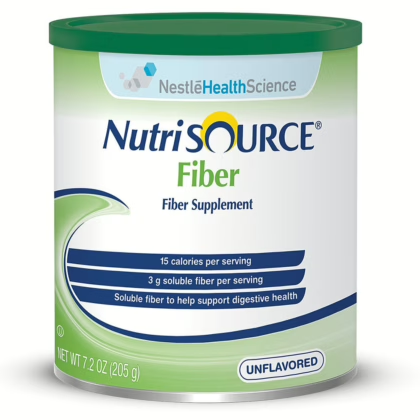
Is taking pain relievers known as NSAIDs is the first thing you think of when you suffer from headaches? Or when your muscles hurt from exercise? What do you do when you feel pain? Do you take NSAIDs regularly? If your answer is yes to any of these questions, read this article and learn more about these medicines!
Most probably the answer is yes. Millions of people take NSAIDs every day; NSAIDs are used to treat many conditions without the need for a prescription. They act as pain relievers and can reduce fever and inflammation. You will be surprised to know that aspirin, ibuprofen, and naproxen sodium are all NSAIDs!
Use of NSAIDs may cause digestive problems including stomach upset, stomach acid, ulcers, and rashes. It may also cause kidney problems or easier bruising or bleeding.
There are other side effects, but they are less common, such as severe allergic reactions, serious liver injury and an increased risk of heart disease.
Actually, most of them are OTC medications, but you should check with your doctor before taking NSAIDs in the following cases:
This article is not intended to discourage you from using NSAIDs, but rather to motivate you to use them wisely. Before going to the medicine cabinet and using the medication, we recommend that you do the following:











